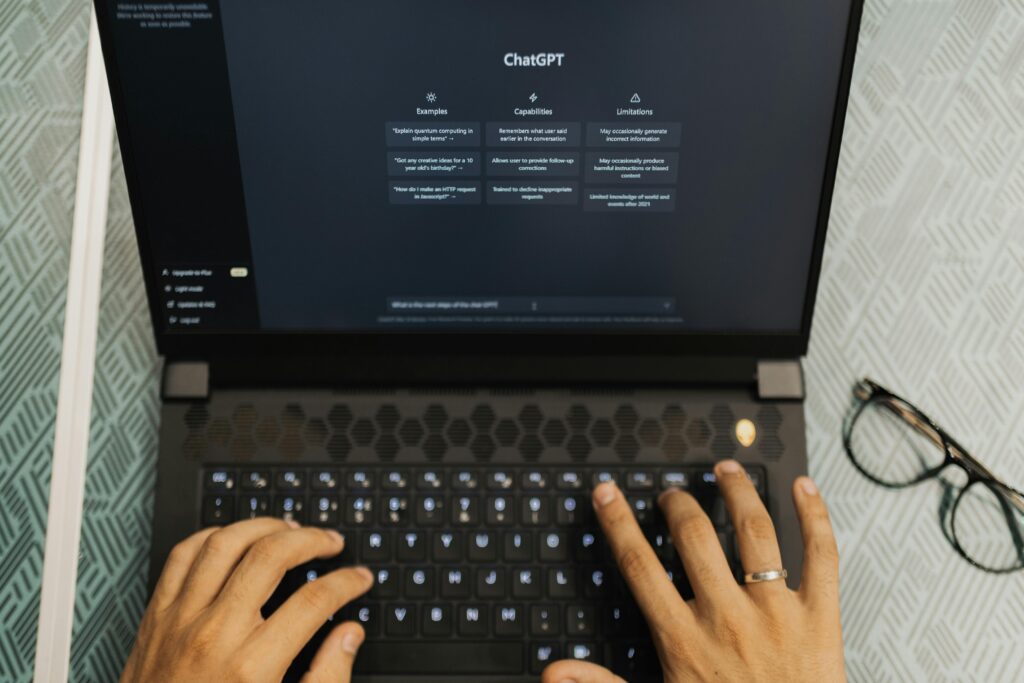In a significant move to enhance transparency, Vimeo has joined the ranks of TikTok, YouTube, and Meta by introducing a labeling system for AI-generated content. Announced on Wednesday, this new requirement mandates that creators must disclose when realistic content is generated with AI, ensuring that such videos are not mistaken for real people, places, or events.
Vimeo’s updated terms of service and community guidelines aim to address the growing challenge of distinguishing real content from that created or manipulated by advanced generative AI tools. Notably, the platform does not require labels for content that is obviously unrealistic, such as animated videos, those with clear visual effects, or those using AI for minor production assistance. However, videos that depict a celebrity doing or saying something they did not in real life or that show altered footage of actual events must carry an AI content label.

The AI content labels will also appear on videos utilizing Vimeo’s own set of AI tools, such as a tool designed to eliminate long pauses and speech disruptions. These labels are displayed at the bottom of the video, indicating that the creator has voluntarily disclosed the use of AI. When uploading or editing videos, creators can select a checkbox to label AI-generated content and specify whether AI was used for audio, visuals, or both.
Currently, the responsibility to label AI-generated content rests with the creators. However, Vimeo is developing an automated system to detect and label AI-generated content, aiming to reduce the burden on creators and enhance transparency.
CEO Philip Moyer, who took on the role in April, has expressed Vimeo’s commitment to this initiative. In a recent blog post, he stated, “Our long-term goal is to develop automated labeling systems that can reliably detect AI-generated content, further enhancing transparency and reducing the burden on creators.”
Moyer has previously emphasized Vimeo’s stance on protecting user-generated content from being used to train AI models. Similarly, YouTube’s Neal Mohan has made it clear that using videos on their platform to train models, including OpenAI’s Sora, is a violation of their terms of service.
As generative AI continues to advance, such measures are essential in maintaining the integrity and authenticity of online content. Vimeo’s proactive approach sets a precedent for other platforms to follow, ensuring that viewers are well-informed about the nature of the content they consume.




